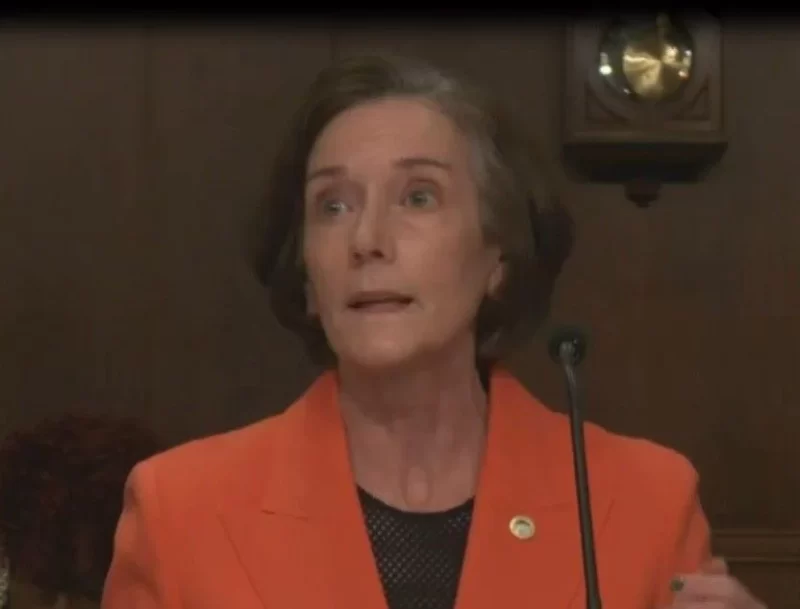By Christen Smith | The Center Square
(The Center Square) – The cost of Pennsylvania’s extensive Medicaid waiver pending before the federal government leaves some lawmakers wary as budget talks stretch into their second week.
Department of Human Services Secretary Valerie Arkoosh told the Senate Appropriations Committee on Tuesday that it wants more funding to expand eligibility for safety net programs for five years, as well as bolster the services they already provide.
But it’s unclear what the Centers for Medicare and Medicaid Services will approve or how much it will cost. Legislative analysis pins the price tag at $3 billion over the next five years. If so, the state will have to cover roughly one-third of that bill, in addition to the department’s expected $900 million annual budget expansion.
Arkoosh said the department can keep expenses from growing beyond 2.5% each year, avoiding the estimated $4.2 billion fiscal cliff that lies ahead.
Some of the proposed offerings include grocery delivery and diet-specific meal planning, and accessing public health insurance and stocking up on prescriptions. Rent subsidies are another offering for pregnant women, for residents living with chronic physical and mental health conditions and inmates transitioning out of incarceration.
The department said taking proactive measures reduces hospitalizations and emergency room visits, for example, keeping costs lower for managed care organizations that receive a lot of state support.
Legislative Republicans worry that counties lack the manpower to keep up with existing services, let alone the “complex” undertaking proposed in the waiver. They also pointed to an analysis from the Independent Fiscal Office that projects a dwindling of reserves and emergency savings over the next four years.
By then, the IFO says the state will be in a $4.2 billion budget deficit in 2024-25 with current policy, rising to a $6.7 billion deficit in 2028-29. The gap between the office’s projections and Gov. Josh Shapiro’s estimate is about $1 billion in the current fiscal year and $4.5 billion by 2028.
The Shapiro administration believes upfront investment in social services, education and workforce development will attract young professionals and families, expanding the tax base to support a swelling retirement population.
